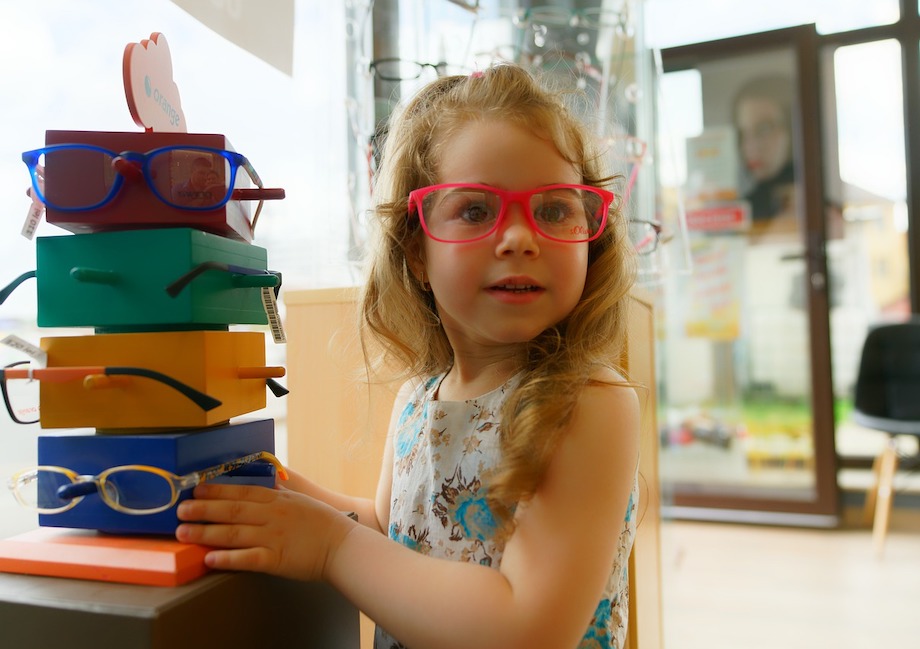
Kiwi parents can now check if their toddlers are showing early signs of autism spectrum disorder (ASD), simply by tuning into their car radio in their car radio. Autism New Zealand launched the ‘Toddler Driving Test’ in April, a world-first initiative designed to navigate the considerable barriers to early testing by delivering an accessible early detection test where every toddler can be found – in the booster seat in the family car.
Autism is thought to affect one in 59 New Zealanders, and while many signs of autism can appear as early as infancy, the average age of diagnosis in New Zealand is six and a half years. For many children, diagnosis may not come until after they have begun school.
With many parents beginning to return to their cars as we move down COVID-19 Alert Levels, the Toddler Driving Test aims to help Kiwi parents to identify early signs of autism in children from 12 months of age, so that they can have further assessment and possibly diagnosis.
Autism New Zealand’s Chief Executive, Dane Dougan, says he hopes that this campaign will not only help lower the average age of diagnosis through early detection in New Zealand but equip families with the tools they need early on.
“The beauty of the Toddler Driving Test is its simplicity. In many cases a test wouldn’t be conducted at all unless a child was showing significant signs, but now parents are potentially able to detect early signs of autism in the car while listening to their favourite radio station.”
Dane explains that the earlier autism is detected and in turn diagnosed by qualified clinicians, the sooner families can access everything they need to help them connect with their children and connect their children with the world. Studies have indicated that children diagnosed early demonstrate better verbal and overall cognition at school age, are more likely to attend mainstream school and require less ongoing support than children diagnosed later.
The short audio clip is designed to be played in the car and prompts parents to do three simple tests with their toddler – checking their response to their name, their eye contact and their ability to imitate their parent.The test is a simple 60-second tool that any parent can use with their toddler, whether they have concerns about developmental delays or not.
Dane says, “It is not a diagnostic tool in itself but may highlight signs of developmental delays that could prompt parents to pursue further testing.”
Common signs of autism in toddlers include:
- A lack of eye contact
- Unresponsiveness to their names
- A lack of interaction
- They don’t imitate their parents
Dane says it is important to note that these are not conclusive signs of autism. “But these signs may be early indicators of developmental delays that could prompt parents to seek further testing, which could lead to diagnosis.”
Things you can do
The Autism NZ website has a general step-by-step guide that can be tailored to children and guides the user through the diagnosis process. There is also the option to to download the ASDetect app which is a comprehensive tool used to identify autism in children.
ASDetect is a free app that empowers parents and caregivers to assess the social attention and communication behaviours of their children younger than two and a half years – between 11 and 30 months of age. The video-led self-assessment app is based on comprehensive research conducted at the Olga Tennison Autism Research Centre in Melbourne. The research underlying this app is 81% accurate in the early detection of autism and other related developmental conditions.
ASDetect guides parents through each assessment using a combination of videos and questions, as well as activities that you can do with your child. Each assessment takes between 20 and 30 minutes to complete.
Once you have completed an assessment, you receive an on-screen result of either ‘low’ or ‘high’ likelihood of autism, as well as a comprehensive formal assessment results email.
Getting support
Every area throughout New Zealand has its own processes and pathways available for families.
Autism NZ Outreach Coordinators located throughout the country are there to guide and support families through these pathways and to be on hand to offer support when needed. Outreach Coordinators are experts in their locations and are able to provide the accurate information needed when going through the diagnosis process.
Each District Health Board also has a Developmental/ASD Services Coordinator to support the diagnostic process and follow-up care.
Dane says that if parents have any concerns at all about their children’s development of verbal/social skills or other developmental delays, he strongly encourages them to try early detection tools or seek further testing
Find out more
Parents can access the Toddler Driving Test at toddlerdrivingtest.co.nz
For more information or to speak to an Autism New Zealand Outreach Coordinator, please visit www.autismnz.org.nz






